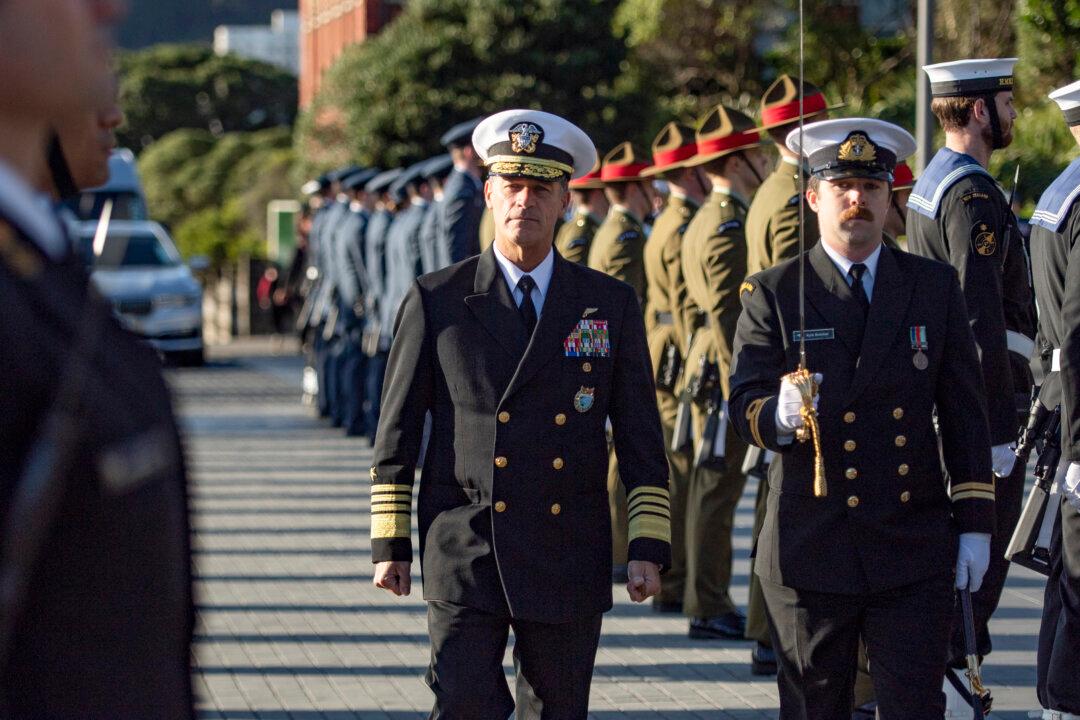A catastrophic conflict between China and the United States for the future freedom of Taiwan is not yet inevitable, according to the commander of the U.S. forces in the Indo-Pacific.
Despite numerous military provocations in the waters surrounding Taiwan, China’s communist regime can still be deterred from launching a full-scale invasion of the democratic island, said Adm. John Aquilino, who heads the U.S. military’s Indo-Pacific Command (INDOPACOM).




